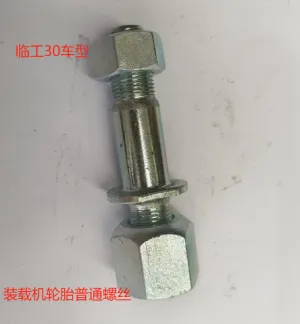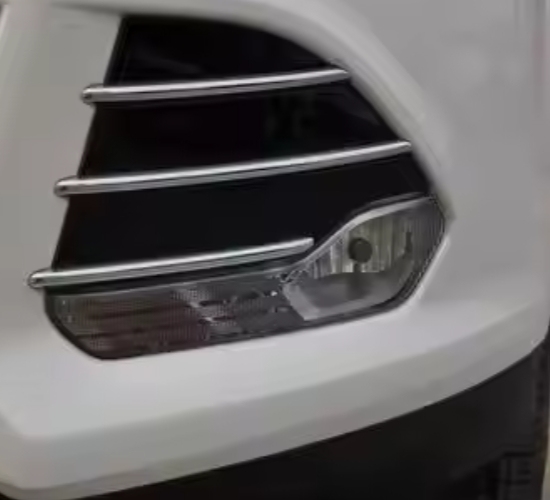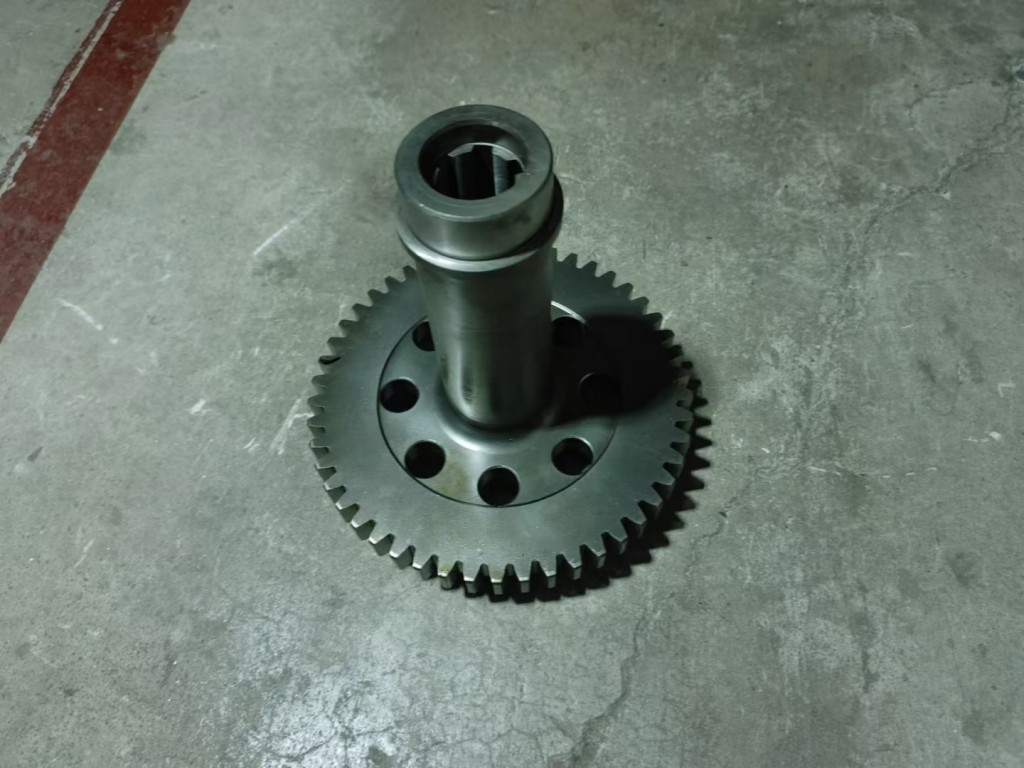GAOMI HUASHENG TYRE
Manufacturer/Factory
CN Supplier
1 YRS
Main Products:
OTR TIRE,PCR TIRE,AGRICULTURE TIRE,INDUSTRIAL TIRE,TRUCK AND BUS TIRE.
Established:
-
Company Size:
-
Qingdao Annaichi Tyres Co.,Ltd.
Manufacturer/Factory
CN Supplier
1 YRS
Main Products:
OTR tire, Agricultrual tire, Industrial tire, ATV tire, Special tire
Established:
-
Company Size:
-
QINGDAO SUNWIDE TYRE CORP LIMITED
Manufacturer/Factory
CN Supplier
1 YRS
Main Products:
Car tires, off-road vehicle tires, all steel radial load tires, light truck tires
Established:
-
Company Size:
-
TDD (QINGDAO ) CROSS-BORDER E-COMMERCE CO.,LTD.
Retailer
CN Supplier
2 YRS
Main Products:
Auto parts、Rubber tyre、Finished car
Established:
2023-01-01
Company Size:
10000
Shandongzhongchanggongchengjixieyouxiangongsi
Manufacturer/Factory
CN Supplier
4 YRS
Main Products:
建筑工程机械配件销售
Established:
2021-10-11
Company Size:
20人
Qingdao Lulstone Tires Co. ltd
Wholesaler/Distributor
CN Supplier
1 YRS
Main Products:
TYRE
TRUCK TYRE
AGRICULTURAL TYRE
OTR TYRE
INDUSTRIAL TYRE
Established:
-
Company Size:
-
QINGDAO FLORESCENCE CO.,LTD
Manufacturer/Factory
CN Supplier
1 YRS
Main Products:
electrical machinery
Established:
-
Company Size:
-
Product Name: Korean Technology Heavy Truck Tyre Butyl Inner Tube 1200R24 Image:
Product Name: Motorcycle Tyre Inner Tubes 300-17 300-18 110/90-16 400-8 Image:
Product Name: Florescence Korea Agricultural Inner Tube Tractor Tyre Inner Tubes 14.9-24 16.9-30 710/70-42
Product Name: Korean Technology Tractor Truck Tire Inner Tube 700/750-16 700R16 750R16
SHANDONG JINYUE RUBBER CO.,LTD
Manufacturer/Factory
CN Supplier
1 YRS
Main Products:
The main product is all steel radial truck tires. Passenger car tires. Bias truck tires.
Established:
-
Company Size:
-
Shandong Haohua Tire CO.,LTD.
Manufacturer/Factory
CN Supplier
1 YRS
Main Products:
Truck&Bus Tire,Passenger Tire
Established:
-
Company Size:
-
QINGDAO HENGGUIXIN INTERNATIONAL TRADE CO.,LTD
Trading Company
CN Supplier
1 YRS
Main Products:
Tyre, Rubber Products, Petroleum Products (Free of Dangerous Chemicals), International Trade, Entrepot Trade, Trade Between Enterprises in The Area and Proces
Established:
-
Company Size:
-
Newcentury Brand 315/80r22.5 Truck Tyre TBR Tires Tubeless Tyres From China Tyre Factory Can Mix Load
295/80r22.5, 315/80r22.5, 11r22.5, 12.00r20 Newcentury All-Steel Radial Tire, Highway Tread Pattern TBR Tyre Tire
12r22.5 All Steel Radial Truck Tires, Bus Tires, TBR Tires, Radial Tire, Newcentury Tyre Factory Cheap Tyre
Manufactor 12.00r20 Newcentury Brand Truck Tire, Mine Tyre, Heavy Load Tire














